Illinois Passes Used Tire Legislation
On the first anniversary of a massive tire fire at a commercial used tire processing facility in Hoopeston, Governor Pat Quinn signed legislation on June 19, 2014 to re-establish funding for Illinois’ used tire market development program and place stricter controls on large used tire storage and processing facilities.
“Had this new law been in effect more than a year ago, we may have been able to avoid a fire that burned in Vermilion County for more than a month and took five months to clean up,” Governor Quinn said. “This new law protects the environment and homeowners, and helps find alternative uses for used tires.”
“This bill provides the Illinois EPA with clearly defined enforcement authority to ensure these facilities are meeting requirements to protect Illinois residents,” Illinois EPA Director Lisa Bonnett said. “The Illinois EPA will also be able to initiate a market development program for used tires, resulting in increased economic activity and job creation.”
Funding for Illinois’ used tire market development program was terminated in 2003 due to the existence of large tire-derived fuel (TDF) markets and the perception that Illinois had created a stable market for used tires that was sufficient for all of Illinois’ current used tire generation.
However, due to several factors, including the recession, Illinois’ TDF markets have largely collapsed and there are very few other markets to make up for the market reduction in TDF. Illinois was once the home to three cement kilns and three large power plants that burned TDF. However, all six of those facilities have ceased the consumption of TDF.
Under this legislation, it is the intention of Illinois EPA to pursue the creation of diverse and established used tire markets that include TDF, civil engineering applications using tire-derived aggregate (TDA), ground rubber production and end users, and rubber-modified asphalt (RMA).
Illinois believes the existence of strong in-state used tire markets will improve the performance and environmental compliance of commercial used tire processors, as well as tire retailers, by providing viable and diverse markets to supply with their products.
This new law also establishes stricter environmental requirements for large used tire storage/processing facilities by requiring them to obtain a solid waste management permit to operate in Illinois.
Additionally, the law provides the state with enhanced enforcement authority whereby those facilities that do not comply with the established financial assurance requirements can be ordered to immediately cease operations to prevent a greater threat to public health and the environment.
The law also mandates the Illinois EPA submit a proposed rulemaking to the Illinois Pollution Control Board (IPCB) to update Illinois’ used tire management standards within six months and mandates the IPCB publish the new rules within nine months of receipt of the proposed rulemaking. This action is critical to ensure the used tire statutes and regulations are consistent in Illinois and to avoid any issues impeding the enforcement process related to used tire facilities operating in Illinois.
Over the past 20 years, Illinois has experienced six major tire fires, all at commercial processing facilities. Effective implementation and enforcement of this new law should prevent, or diminish the likelihood of, similar situations from occurring in the future.
© Scrap Tire News, July 2014






